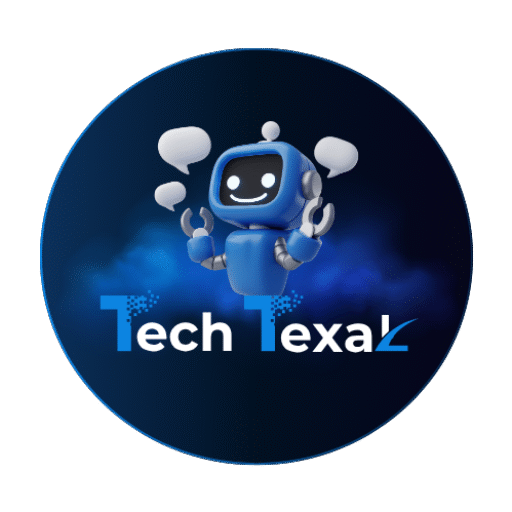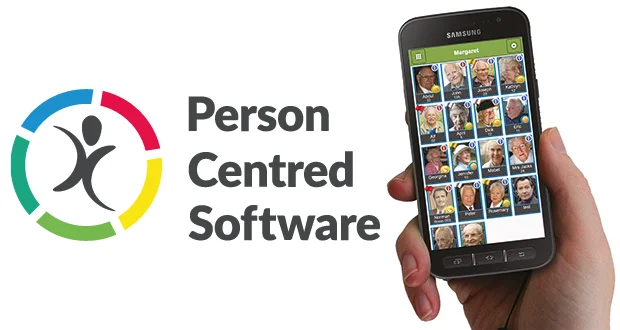To an extent, managing human resources may not be easy for many businesses. Therefore, it is impossible to recruit, develop, and keep the best talents which leads to high rates of attrition and low productivity. Recruitment or employee growth becomes cumbersome without proper systems resulting in frustration for HR teams and disinterest from employees which is antithetical to the business development plans.
Automating HR workflows, like those of Talent Management Software (TMS), can best explain this. In this guide, you’ll learn what TMS (Talent Management Systems) is about, including why it is essential for nurturing passionate employees.
- Importance in Modern Organizations
Many companies find it very difficult to manage talent well. There is a high turnover and poor performance because of this way it becomes impossible to attract, develop, and retain top talents. Recruitment or employee growth becomes cumbersome without proper systems resulting in frustration for HR teams and disinterest from employees which is antithetical to the business development plans.
Automating HR workflows, like those of Talent Management Software (TMS) can best explain this. You’ll learn what TMS (Talent Management Systems) is all about including why it is considered to be essential for nurturing passionate employees in this guide.
Key Features of Talent Management Software
Company workforce management is made easier through talent management software. It helps simplify hiring, training, and employee performance tracking. The software often includes tools for succession planning and career development. It guarantees that the appropriate individuals are in suitable positions to promote business prosperity.
Moreover, talent management software helps to increase employee involvement and retention. It provides insights into employee satisfaction and areas for improvement. The software also streamlines communication between HR and employees. It helps the achievement of an orderly and industrious workspace.
Advantages of Talent Management Software
| Benefit | Description | Impact on Organization |
| Streamlined HR Processes | Automated routine HR tasks such as recruitment, onboarding, and performance reviews. | This reduces administrative workload while increasing efficiency. |
| Improved Employee Engagement | Provides tools for real-time feedback, recognition, and career development. | It improves the overall morale of employees and enhances job satisfaction levels. |
| Data-Driven Decision Making | Analytics are used to furnish information about employees’ performance, competencies, and possibilities. | This allows for making informed choices about promotions, training, and workforce planning. |
| Enhanced Compliance and Risk Management | Ensures adherence to legal and regulatory requirements, and secures sensitive data. | Minimizes risk of compliance issues and protects employee information. |
| Personalized Learning and Development | Offers tailored training programs and tracks individual progress. | It encourages the growth of careers and skill development that are in line with the objectives of an organization. |
Choosing the Appropriate Talent Management Software
- Identifying needs: You need to know what your organization requires.
- RequiresConsider company size: Selecting software that corresponds to your organizational size and structure.
- Look at characteristics: Assess the characteristics of every system and determine how much they meet your needs.
- Assess integration: Make sure the software can be blended into the systems you already have.
- Consider ease of use: Choose solutions that are simple to use by your staff.
- Review costs: Take note of the overall cost, covering installation as well as maintenance services.
- Look for scalability: Seek out a solution that has the potential to grow alongside your enterprise’s growth.
- Read Reviews: Check feedback from other users to gauge satisfaction and issues.
- Ask for Demos: Test the software with a trial to see if it meets your expectations.
- Consider Support: Ensure there’s good customer support for help when needed.
Challenges in Implementing Talent Management Software
The implementation of talent management software can be tough. Integration with your current systems might generate some technical issues. Furthermore, employees can feel the reluctance to adopt new tools, thus it is important to provide comprehensive training programs for them. Without appropriate support, the rate of adoption may be slow.
Another challenge is related to data privacy. The software should have mechanisms to safeguard every employee’s personal information and comply with legal requirements as well. This might get complicated and necessitate extra resources. Hence, proper planning is required to avoid any risks.
Lastly, the implementation cost may create concern. It might require huge expenses for setting up and customizing the software. However, benefits must be aligned with the financial resources available for this purpose. A careful assessment can help in making wise investment choices.
Future Trends in Talent Management Software
The future of talent management software is exciting. The utilization of artificial intelligence to aid organizations in identifying the most suitable candidates and predicting future workforce requirements is expected to increase. As a result, mobile-friendly and cloud-based solutions are anticipated to grow in popularity making talent management possible from any location.
Personalization will also be a big trend. Employees will be offered more customized experiences using software that will enable them to progress in their careers. With time, as technology becomes more advanced, these tools will be much smarter and indispensable for businesses.
FAQS
How do you understand talent management?
Attracting, developing and retaining talented people to facilitate company growth is what talent management is all about.
Is Human Resources part of talent management?
It focuses on how to train and measure skills in prospective employees that talents management deals with as its main role.
What are the three fundamental tenets of talent administration?
Attracting the right talent, developing their skills, and retaining them for long-term success are the three fundamental values.
What’s an alternative term for managing the skills of employees?
Human Capital Management is another name used for talent management.
What exactly does a talent manager do?
The job of a talent manager includes searching for individuals with talent, nurturing them to become better performers, and enabling them to progress in their respective careers while at the same time achieving success within the firm.
Final words
Talent administration applications allow companies to better handle their people. This includes such responsibilities as recruiting, evaluating performances, or enhancing employee abilities. This software makes it easier for HR teams to keep track of everyone’s progress and needs.
Using talent management software can improve employee satisfaction. It allows for better communication and more personalized development plans. Employees can also receive timely feedback and recognition, helping them feel valued.
As companies grow, this software becomes even more important. Largely, it softens the workload of a leader and makes every member of the team have a common goal. In terms of the long run, for instance, it provides the workers with engagement that later facilitates a company’s welfare.




